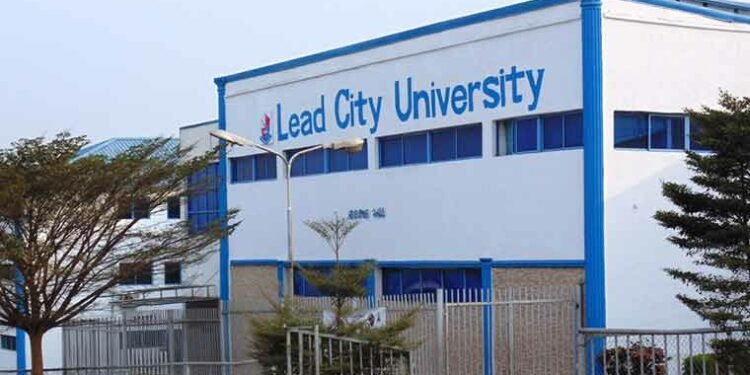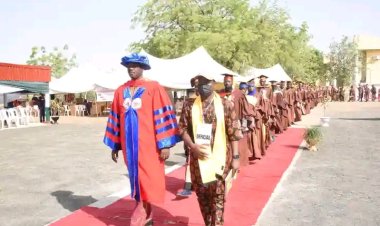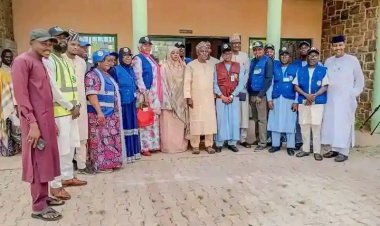Lead City University Secures CA$325,876 Grant for Pan-African Climate Adaptation Project
The project, which has already commenced, is set to run for 42 months until January 2027. In Nigeria, Prof. Oloukoi collaborates with Prof. Mayowa Fasona from the University of Lagos and Prof. Andrew Onwuemele from NISER.

Lead City University has secured a grant of CA$325,876 as part of a CA$5 million allocation for 16 institutions in Africa under the Pioneering Climate Adaptation Resilience (CLARE) project. This initiative is funded by the UK's Foreign, Commonwealth, and Development Office (UK-FCDO) and the International Development Research Centre (IDRC).
Prof. Grace Oloukoi, Dean of the Faculty of Environmental Design and Management, who secured the grant for the university, announced this at a press conference at the university's International Conference Centre in Ibadan. She explained that the CLARE project aims to enhance global visibility for Lead City University faculty members and support the implementation of the project titled “A Pan-African and Trans-disciplinary Lens on the Margins: Tackling the Risks of Extreme Events (PALM-TREEs).”
RECOMMENDED FOR YOU:No Nigerian University Makes Top 1000 Global Universities Ranking for 2025
PALM-TREEs is being implemented in six countries—Nigeria, South Africa, Ghana, Cameroon, Kenya, and the DR Congo—and involves 16 institutions across Africa and the UK, with the University of Cape Town leading the consortium. Other partners include the International Water Management Institute (IWMI), the University of Lagos, the University of Oxford, the UK Met Office, the University of Nairobi, Kwame Nkrumah University of Science and Technology, the Nigerian Institute for Social and Economic Research (NISER), and the University of Yaoundé.
Prof. Oloukoi emphasized that the project will focus on understanding the social and physical impacts of climate extremes on vulnerable populations, including the homeless, elderly, children, women, immigrants, and the physically challenged. It aims to develop inclusive adaptation policies and provide opportunities for early career scientists engaged in doctoral and postdoctoral research.
The project, which has already commenced, is set to run for 42 months until January 2027. In Nigeria, Prof. Oloukoi collaborates with Prof. Mayowa Fasona from the University of Lagos and Prof. Andrew Onwuemele from NISER.





